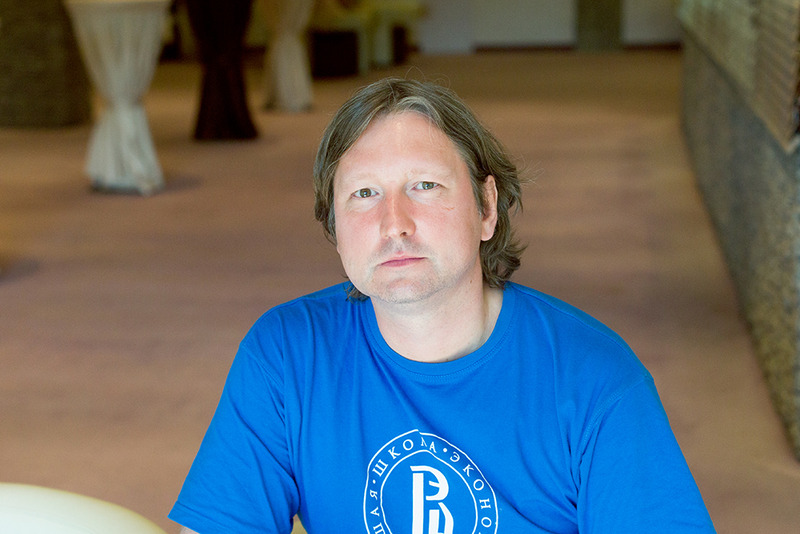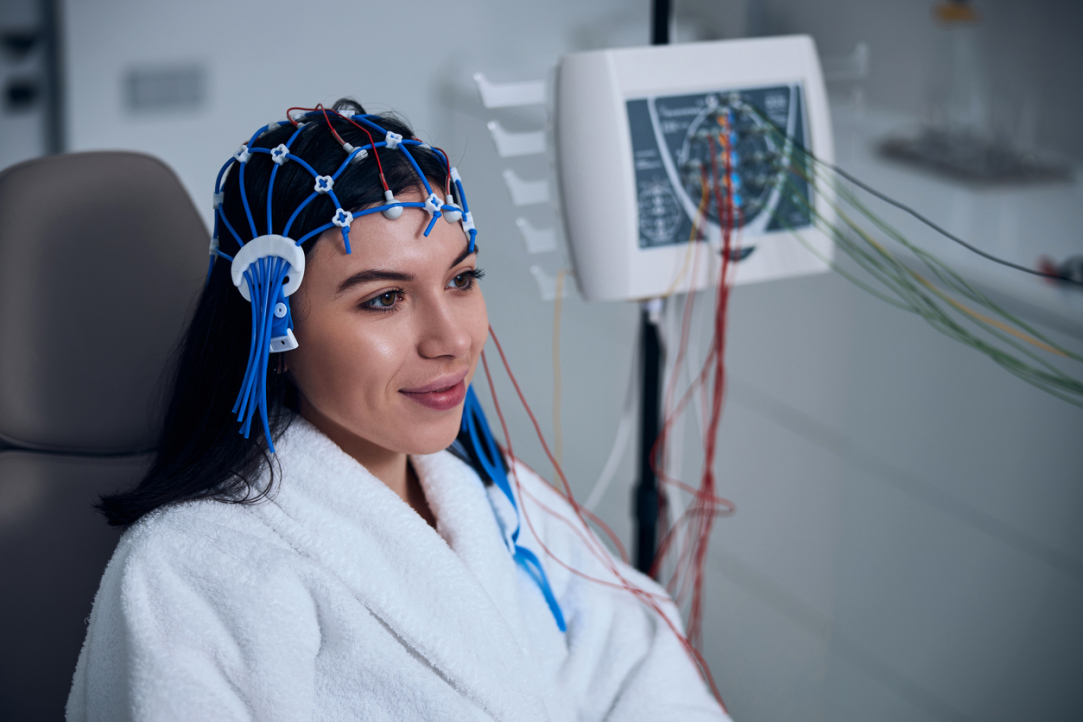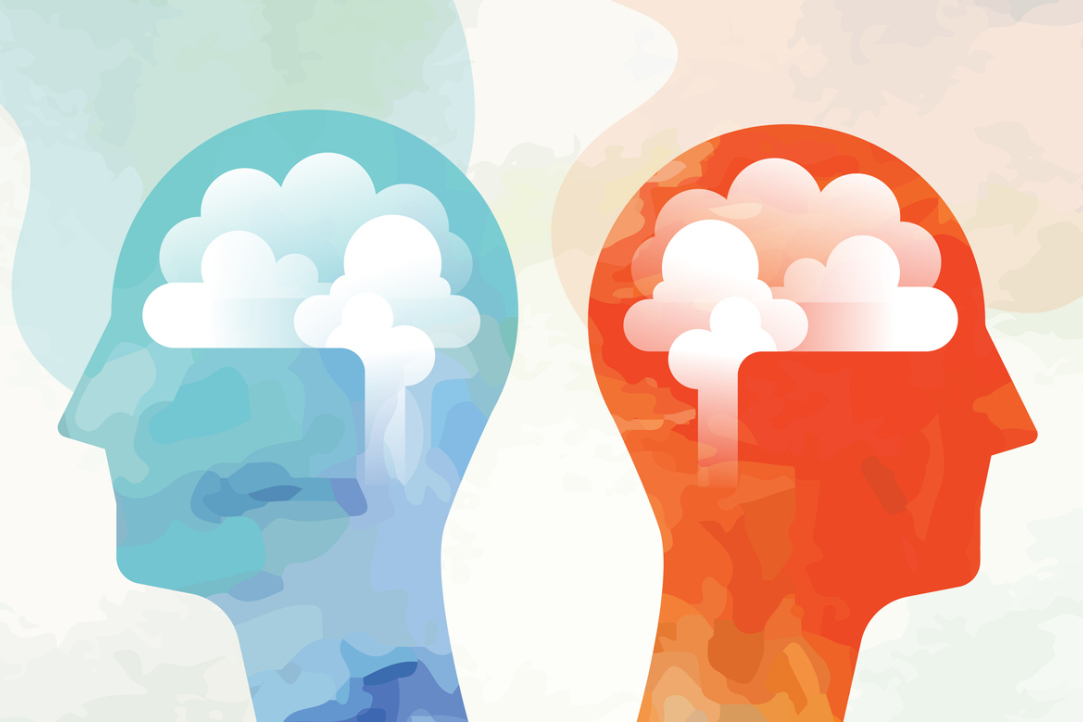
Russian Researchers Propose New Approach to Studying Facial Emotion Recognition
Researchers of the HSE University and the Southern Federal University (SFedU) have tested a new method for studying the perception of facial emotional expressions. They suggest that asking subjects to recognise emotional expressions from dynamic video clips rather than static photographs can improve the accuracy of findings, eg in psychiatric and neurological studies. The paper is published in Applied Sciences.

Two Worlds of Residents: Car Owners Look at Shared Urban Courtyards Differently from Pedestrians
Researchers from HSE University and St. Petersburg State University of Architecture and Civil Engineering (SPSUACE) used eye tracking to study how residents who own cars and those who don’t look at the shared courtyards of multistorey apartment buildings. The study was published in Urban Forestry & Urban Greening.

International Laboratory of Social Neurobiology to Look at How Fake News Affects Human Behaviour
The mega-grant allocated by the Russian government to the International Laboratory of Social Neurobiology, has been extended for 2022-23. The laboratory was founded two years ago and is headed by Iiro Jaaskelainen, a leading neurobiologist from Finland. Laboratory Head Vasily Klucharev spoke to the HSE News Service about the results the lab has already achieved and the prospects for the next two years.

Readiness to Punish Others for Selfish Behaviour Explained by Functional Brain Connections
The stronger the functional brain connections, the less inclined someone is to punish others for unfair behaviour. This conclusion was reached by HSE researchers following a neuroimaging experiment. Their paper ‘Wired to punish? Electroencephalographic study of the resting-state neuronal oscillations underlying third-party punishment’ was published in the journal Neuroscience.
The when and what of episodic encoding
Speaker Aya Ben-Yaakov, Research Fellow at MRC Cognition and Brain Science Unit, University of Cambridge.

Can the Brain Resist the Group Opinion?
Scientists at HSE University have learned that disagreeing with the opinion of other people leaves a ‘trace’ in brain activity, which allows the brain to later adjust its opinion in favour of the majority-held point of view. The article was published in Scientific Reports.

Losing Money Multiple Times Causes Plastic Changes in the Brain
Researchers at the HSE Institute for Cognitive Neuroscience have shown experimentally that economic activity can actively change the brain. Signals that predict regular financial losses evoke plastic changes in the cortex. Therefore, these signals are processed by the brain more meticulously, which helps to identify such situations more accurately. The article was published in Scientific Reports.
